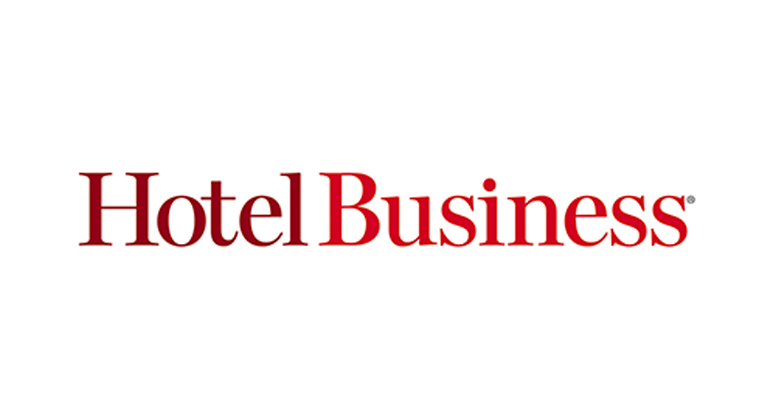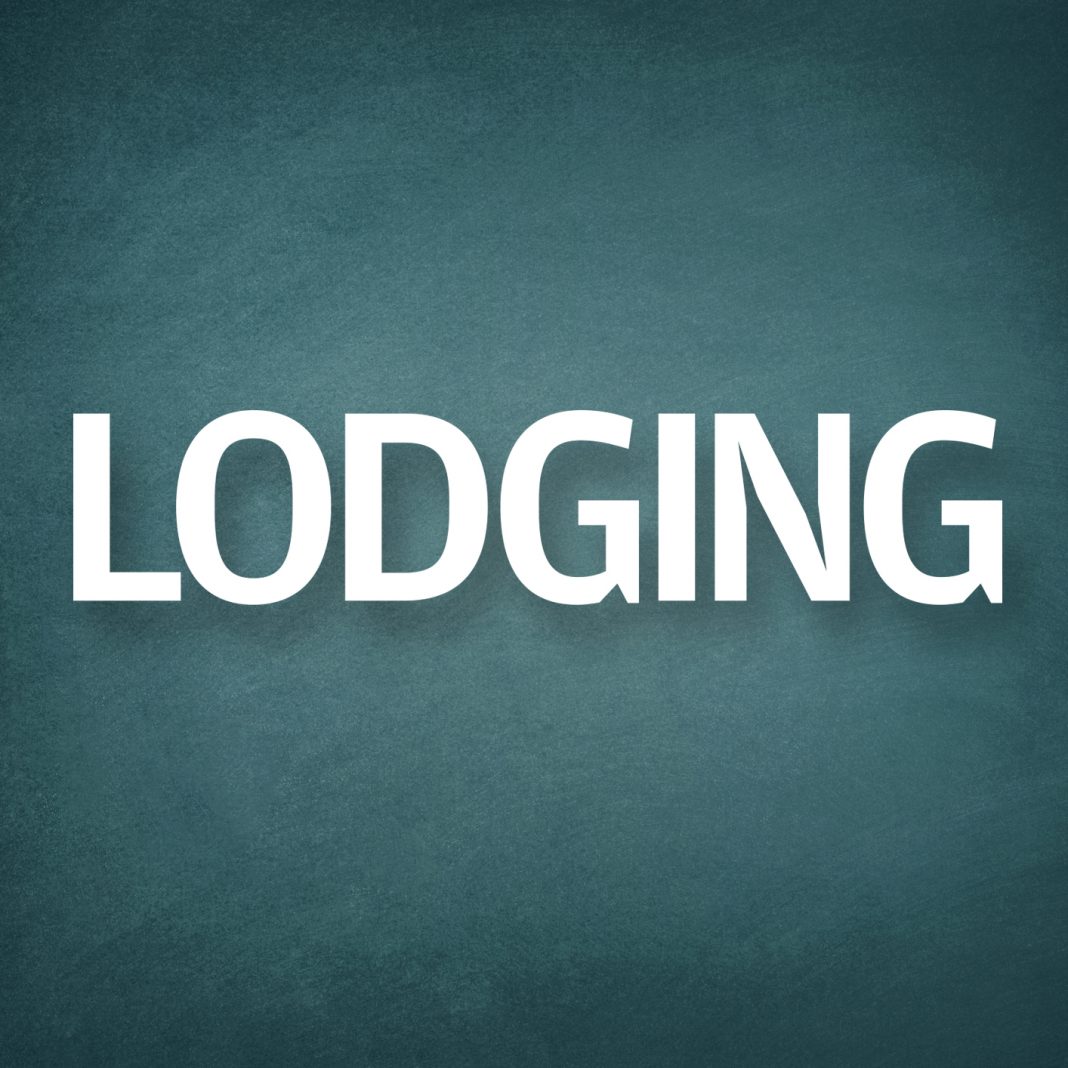Evaluating revenue management options ahead of budget season

By Geoff Roether
Dread it. Run from it. Budget season arrives all the same.
While quoting Thanos is maybe a little dramatic here, hotel budgeting season being right around the corner is no joke. Now’s the time to start weighing investment options and making tough decisions on where you prioritize upcoming spending. That said, it’s clear that there are few items on your property’s wish list that provide the long-term value of an effective revenue management system.
Finding and implementing the right revenue management system (RMS) provider will provide competitive advantages at a time when they are most necessary. But what makes for the “right” RMS? Each hotel must identify its revenue goals and then commit to implementing the technology that matches its individual needs.
Visionary hoteliers considering today’s revenue management solutions are weighing the pros and cons before committing to technology ahead of this year’s budget season. Here are the top three questions hoteliers should ask themselves when they go RMS shopping.
1: Is your RMS capable of advanced forecasting and data analysis?
Is your hotel still manually generating forecasts? An effective RMS is ultimately judged by its ability to generate accurate forecasts in the face of dynamic trends and uncertainty from individual transient and group travelers. Forecasts should help hoteliers understand their future demand across a variety of booking channels, as well as by market segment, room type and length of stay.
The best RMS solutions offer automated, advanced analytics capabilities that are critical for effective forecasting. These forecasts, in turn, drive automated, optimal pricing and inventory management decisions that capture more revenue while cutting out manual, time-intensive work. The most effective forecasting tools are designed to avoid human error by circumventing methods prone to biases and quickly adapting to uncertain conditions and abrupt shifts in demand. These systems can continuously self-learn, improving their demand forecasting capabilities over time.
Hoteliers must ultimately ask themselves what level of insight they seek over their competition, but some markets may need more out of their forecasts than others. These operators may benefit from an RMS capable of directly folding in competitor rates, future demand data and reputation analysis into their analytics. With these capabilities, hotels can use an RMS to comprehensively view any property’s revenue potential.
2: Does your RMS offer revenue and pricing optimization?
Is your hotel consistently booking its highest-spending guests? For that matter, who are your highest-spending guests? If your hotel is unable to answer that question, then revenue management insights are here to provide the answer. Suppose an RMS can factor in costs while determining pricing and inventory controls and examining guests by market segment. In that case, hoteliers can identify their most profitable guest segments and prioritize them wherever possible.
If your property is full-service or all-inclusive, can you independently price multiple products or services based on their unique historical trends? If so, your property can avoid unnecessarily discounting its most valuable assets while allowing you to decide when to offer room upgrades or implement inventory controls to maximize revenue.
Can your hotel deliver group and meeting space pricing directly to its sales & catering system? Hotels that can are more likely to earn group and event bookings by reducing friction during the buying process. Taking things one step further, can your RMS autonomously send its pricing decisions, inventory controls and length of stay controls to the hotel’s booking systems? In many cases, this requires automated processes within a hotel’s RMS. While automation is often the most effective means for delivering group pricing, hoteliers should ask themselves if they can quickly access pricing overrides within the RMS, thus allowing operators to take the helm when necessary.
3: Does your RMS provider offer the support and features needed to make it all easy?
It can be incredibly frustrating to invest substantially in a new tool only to find your staff feeling like they’re on their own in figuring out how to best use it. When evaluating RMS software, it is essential to consider what a solution provider does to ensure your staff has the training, support and product functionality to make their lives as easy as possible.
For instance, is your RMS capable of providing details on the incremental revenue raised across multiple properties by property? Can it highlight high-priority tasks and revenue generating opportunities for further investigation? Does it explain its pricing and forecasting decisions, or does it leave itself open to interpretation? Can you experiment with pricing ideas and see the simulated “ripple effect” on revenue projections?
While features designed to improve quality of life and address revenue leaders’ burning, “What if…?” questions are important, it’s arguably even more important to consider how well your staff are being supported as they get up to speed with these systems’ powerful capabilities.
Without the right training and support systems in place, revenue management tools can be intimidating technology. The success of any RMS is inherently tied to the staff’s ongoing success in adoption and ongoing mastery of the system. For that reason, it’s important to also consider the training and support provided. Are robust, user-friendly support materials easily available? Can you easily get into contact with knowledgeable staff when you need help? Are there on-going provider-led training and educational opportunities that keep you aware of new features or changes? These efforts combined create a lasting support structure for hotel operators as they navigate organizational changes like promotions or departures within their commercial teams.
It’s time to evaluate
Hoteliers must consider the impact that comprehensive forecasting tools, automation and effective training and support will have on their bottom line. Asking these key questions and assessing their RMS provider’s ability to serve these core needs will bring operators closer to creating a tech stack that generates profit while reducing daily minutia.
Geoff Roether is a regional solutions engineer at IDeaS, where he serves as an advisor to new and existing IDeaS clients.
This is a contributed piece to Hotel Business, authored by an industry professional. The thoughts expressed are the perspective of the bylined individual.
The post Evaluating revenue management options ahead of budget season appeared first on hotelbusiness.com.


